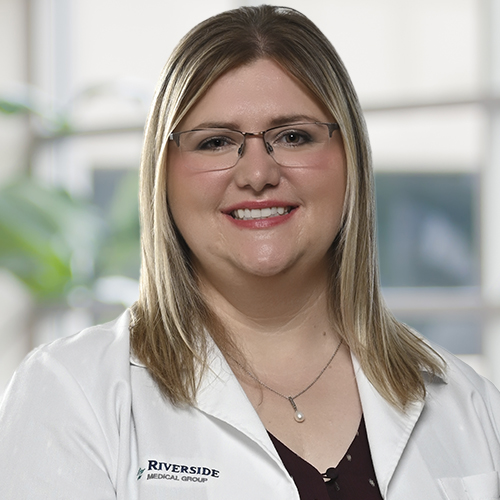
In a world where early detection can mean the difference between life and death, the value of screening mammography cannot be overstated. It’s not just about identifying cancer; it’s about understanding risks, being proactive, and ensuring that every person has the best possible chance to face the disease head-on.
Cassandra Lacher, DO, MHA, Oncologist at the Riverside Cancer Institute, emphasizes, “Mammography has revolutionized our approach to breast cancer. It’s our most reliable tool for detecting the disease in its earliest stages when treatment is often more effective and less invasive.”
Early Detection Matters
Breast cancer, if caught early, has a significantly higher chance of being treated successfully. It’s when the disease progresses unnoticed that it becomes more challenging to manage. “By the time a lump is felt, the cancer might have been growing for years. But with a mammogram, we can often detect tumors long before they can be felt,” Dr. Lacher mentions.
Mammography and Its Evolving Technology
The technology behind mammography has evolved dramatically over the years, enhancing the clarity and precision with which images are taken. This ensures that even the smallest of irregularities can be spotted. Dr. Lacher observes, “The advancement in mammographic technology is impressive. We’re now in an era where we can catch things that previously went unnoticed. This level of detail empowers physicians to act swiftly.”
Dissecting the Myths
Many myths surround mammography – from its supposed harmful radiation to beliefs that only those with family history need it. On the topic of radiation, Dr. Lacher clarifies, “The radiation exposure during a mammogram is minimal, and the benefits far outweigh the risks.” We follow specific guidelines that help us to limit any harmful radiation exposure while still granting patients the benefit of early detection.
Regarding the misconception of only those with a family history requiring mammography, Dr. Lacher states, “While family history can increase the risk, it’s essential to understand that the majority of breast cancers occur in women with no family history of the disease.” In fact, the current incident rate of breast cancer according to the National Cancer Institute reveals that women alive today have about a 1 in 8 chance of being diagnosed with breast cancer in their lifetime – regardless of family history.
An Empowering Choice
Having regular mammograms is a personal choice that can empower individuals. It grants them a sense of control over their health, understanding their bodies better, and making informed decisions. “Screening mammography isn’t just a test; it’s a commitment to oneself. It signifies taking charge of one’s health and being proactive in preventing life-threatening conditions,” Dr. Lacher passionately shares.
In Conclusion
Mammography plays a pivotal role in the fight against breast cancer. With continuous advancements in technology and an ever-increasing understanding of the disease, early detection through mammography has never been more crucial.
Dr. Lacher says, “In the battle against breast cancer, a mammogram is our best ally. It sees what we cannot and tells us when to act.” Mammography findings can also help us identify patients who may be higher than average risk for developing a breast cancer so that we can recommend even more detailed testing like breast MRI or ABUS (Automated Breast Ultrasound) to identify breast cancer as early as possible.
Every individual deserves the best fighting chance, and regular screening mammography provides precisely that – a chance at early detection, effective treatment, and a brighter, healthier future.
To schedule your mammogram at Riverside, please call (815) 935-7531 or book directly through MyChart.